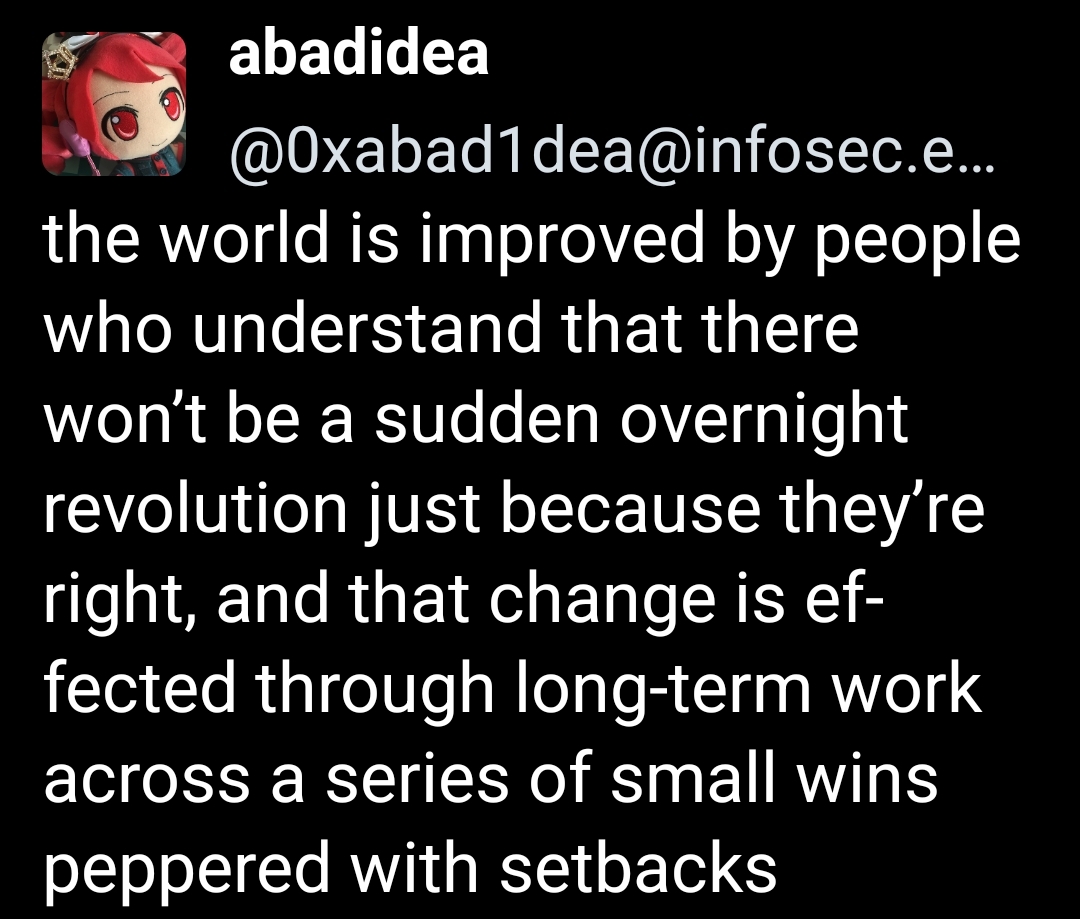this post was submitted on 05 Sep 2024
688 points (97.0% liked)
People Twitter
5568 readers
1001 users here now
People tweeting stuff. We allow tweets from anyone.
RULES:
- Mark NSFW content.
- No doxxing people.
- Must be a pic of the tweet or similar. No direct links to the tweet.
- No bullying or international politcs
- Be excellent to each other.
- Provide an archived link to the tweet (or similar) being shown if it's a major figure or a politician.
founded 2 years ago
MODERATORS
you are viewing a single comment's thread
view the rest of the comments
view the rest of the comments

China famously had some pretty massive famines after the revolution as well. China's real ascendency happened after Mao had been gone for a while and reformers were able to change his worst policies. China still struggles to this day to elevate its massive rural population, with more than half not receiving a high school education.
But more to the point, all industrial nations saw the exact same (and more) living improvements, so it's hard to really attribute it to political violence.
Yes, the revolution didn't fix everything overnight, but it did lay the ground-work that allowed them to fix their problems. Unlike say India, who is a net-exporter of food, yet still has excess deaths associated with malnutrition.
By pretty much every measure China lagged the industrial world for several decades. China beat Japan in WW2, a country which got nuked twice, and didn't pass the much smaller country in economic output until the mid 90s. Pretty much everyone outside China agrees that Mao's policies held them back immensely due to poor economic planning and continuous political strife.